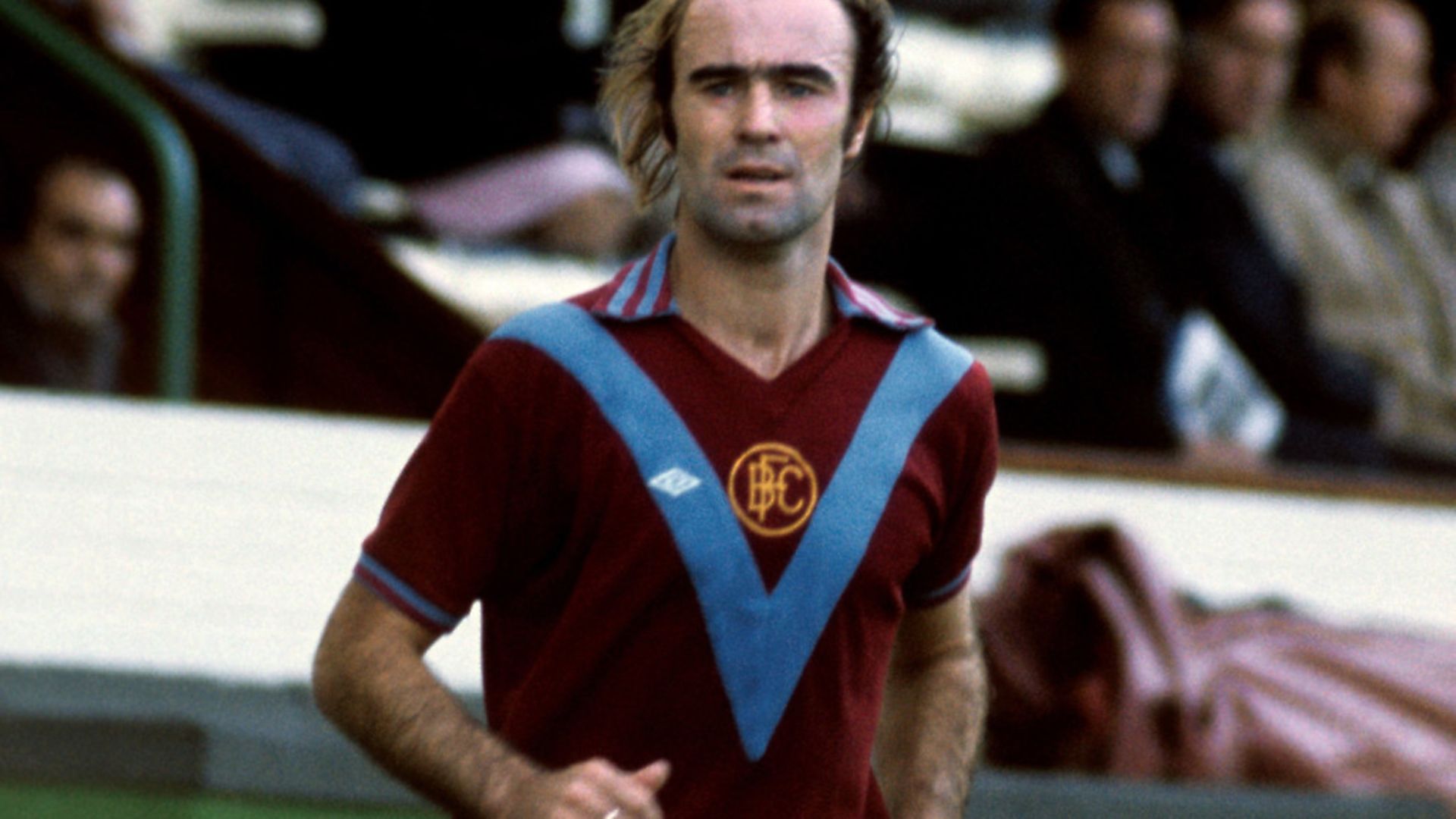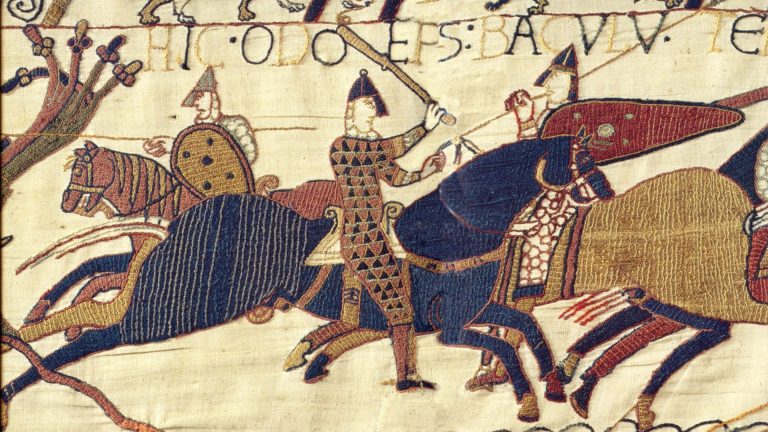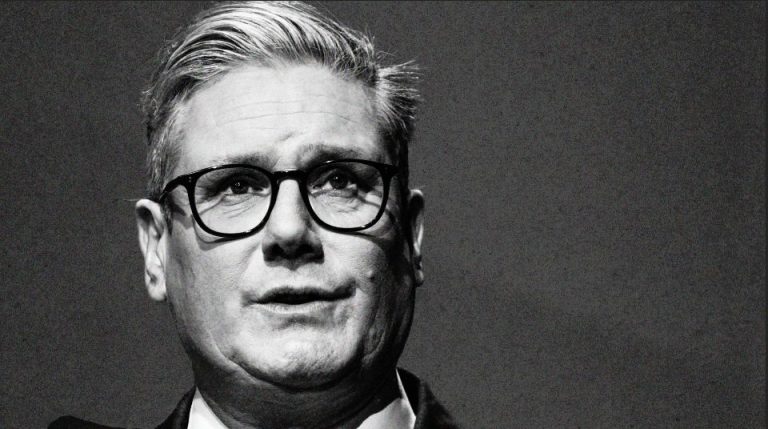
Would the possibility of a link between heading the ball and dementia have changed the way you approached the sport?
This Friday will be a sad, sad day, as we say farewell to our former teammate Peter ‘Nobby’ Noble.
We were part of the Burnley side that our manager Jimmy Adamson called ‘the team of the 70s’. We were close knit, many of us stayed in the Burnley area after retirement, and stayed friends over the 35 years since our playing days ended, meeting up on average every two weeks, like the day we had at Chester races last week. This friendship group is made up of the two of us, Nobby, Frank Casper, Geoff Nulty, Martin Dobson, Jim Thomson and Michael Docherty. Our average age is 68.
Nobby was 72 when he died, and though he came out with us almost to the end, dementia had got the better of him. He didn’t know our names. As we chatted away about football, his contribution, over and over again, would be that he ‘never missed a penalty’. It was so sad that he could remember nothing else from a career of more than 500 games. Like his rare achievement of scoring four headers in one game. Nobby, though a midfield player, was a great header of a ball.
So since he died, a lot of the talk among us has been about whether the game he played, in particular the repeated heading of balls in training, was responsible for the illness which shortened his life. That inevitably led us to a discussion about whether, even if we knew playing football could do that, we would still have played as we did. And we would.
How would you like to leave school without any qualifications and walk straight into one of the best jobs in the world? This job gives you a bit of fame, a lot of fitness, good pay, and you see a lot more of the world than you would in a factory. Your actual working hours most days are 10am – 12noon and you’ll get a couple of months holiday each summer. There is always a queue of people wanting to take your place, but if you work hard and have the necessary skills you can stay in the game until you are around 30. Some will stretch it out to 35 but the average career length in this wonderful vocation is 7 years 2 months.
As centre forward and centre half respectively, we have headed the ball more than most, and taken a good clattering to the head often enough when an aggressive opponent was out to rough us up. Being ‘good in the air’ was part of what gave us a life as professionals. So we’ve tried to imagine how we would have reacted if, half a century ago, as we practiced header after header after header, with balls that are nothing like the technological marvels of today, someone has said: ‘Hey Fletch, hey Waldo, if you do that too often, you’re going to damage so many brain cells you’ll probably get dementia.’ We took a vote among our group, as we sat discussing Nobby’s death and our sadness at his loss. And we agreed, we would all have carried on practicing. So, we are sure, would he.
Jeff Astle was a superb header of the ball, and since his death through dementia his family have campaigned for compensation. Death of course brings huge sadness, and anger. But it was largely that skill in the air that was his passport to England caps, a high salary at West Brom and a wonderful occupation. It was suggested that his club or his association or his union had a duty of care to protect his health as a player. But our point is that even if we had known the impact of constant heading on possible future brain disease, we would still have done it.
In the 1970s we were the chosen few, we believe we played in the greatest era of professional football. We often get asked if we are jealous of the money today’s players earn, and the honest answer is no. For sure, we would have loved to have earned as much, played on such great pitches, had those multi-coloured boots and not needed apprentices to wear them in to avoid blisters, benefited from goal-line technology, multiple substitutes, dieticians, psychologists, strategists. But we were well paid for our time and we had a great life. We had more fun, and I am pretty sure we have more enduring friendships than today’s global superstars will get from the game. It’s hard to see how the dressing room banter of 2017 could match ours when there are so many languages, cultures, not to mention gigantic multi-millionaire egos, clashing in the top clubs today.
We played against Bobby Charlton and Nobby Stiles; Geoff Hurst, Martin Peters and Bobby Moore; we survived Johnny Giles, Norman Hunter, Ron Harris and Tommy Smith and often watched in amazement the talent of George Best and Dennis Law. Our unfashionable Burnley team often came out on top against these superstars. What value can be put on experiences like these? Even with a price to pay in later life?
It’s right there should be research into this, as we are still not totally sure whether heading the ball does indeed bring on dementia, or if Jeff and Nobby would have been affected had they been a butcher or a librarian. Maybe it could be a gene inherited from parents? In addition, some of us have seen family members struck down with this condition, people who never went near a football.
It’s right too that we should keep developing balls so that the players know what they are heading. Back in our day, the sack of practice balls was a collection of hard balls, soft balls, brown balls, white balls, light balls, leather balls, plastic balls and heavy balls. It was only when you headed for goal that you worked out which one was the medicine ball. Not sensible, agreed.
But if any of our group were ever offered compensation we would pass it over to the bricklayers, mill workers, steel workers and coal miners who were not as fortunate as we were, and who paid our wages. For if we headed the ball too often we did so whilst our supporters were working in the coal mines with the threat of pneumoconiosis and silicosis; bricklayers were damaging their backs carrying bricks up ladders; textile workers were exposed to different fibres which caused asbestosis; mill workers were losing their hearing due to the noise; steel workers were exposed to pulmonary disease. We really can’t complain set alongside that.
Paul Fletcher, 66, was centre forward at Bolton Wanderers, Burnley, Blackpool and England U23. After a career in stadium management, he is now director of the University College of Football Business, and has co-written a novel on football, Saturday Bloody Saturday, with Alastair Campbell. Colin Waldron, 70, was centre half at Burnley, Chelsea and Manchester United. He is a retired bookmaker and until recently a Burnley FC ambassador








